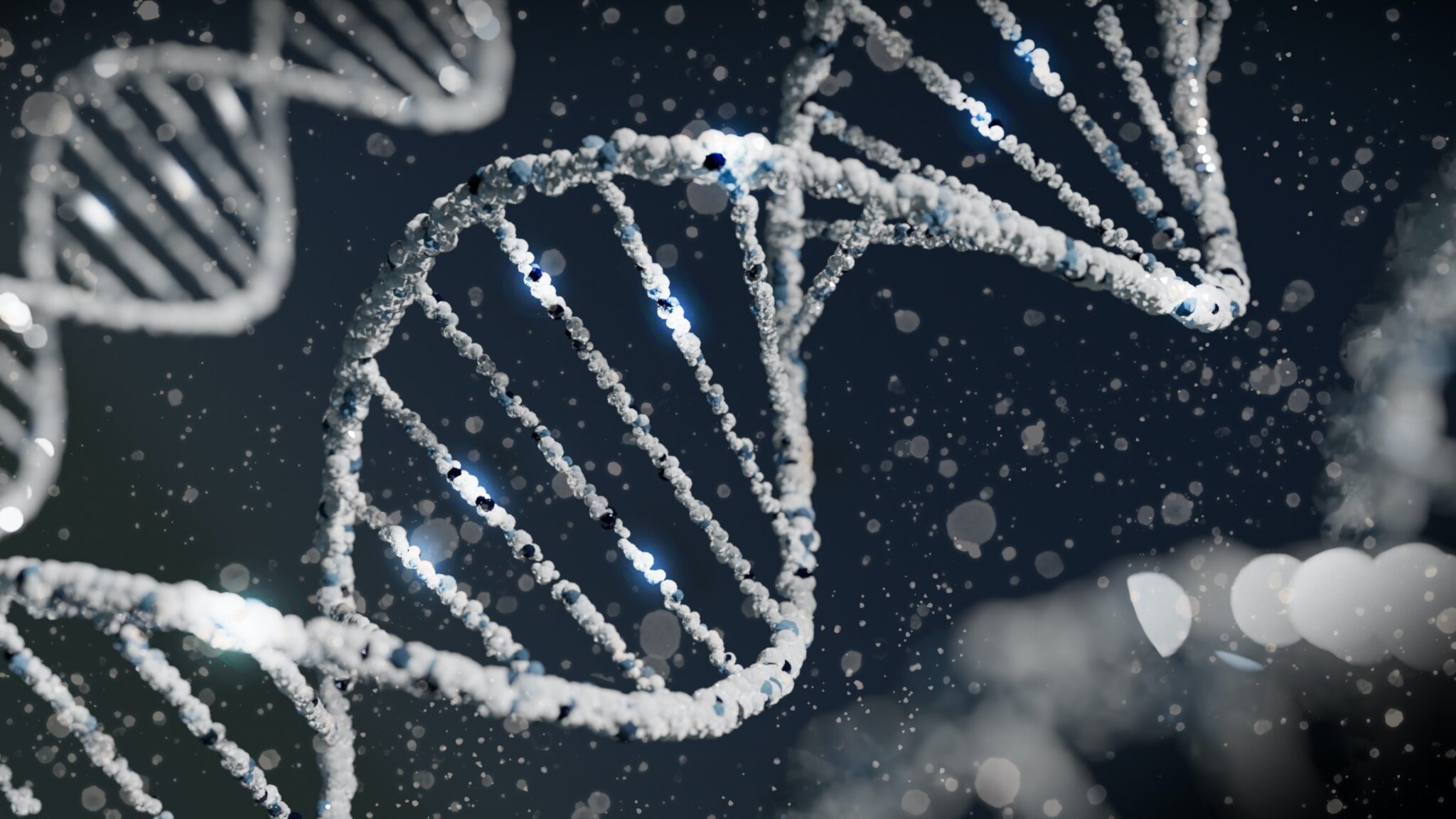Artificial Intelligence (AI) has emerged as a groundbreaking force with transformative potential across various industries, including biotechnology and healthcare. By harnessing the power of AI algorithms and machine learning, researchers can revolutionize these fields, unlocking new avenues for innovation, improving patient care, and accelerating scientific discoveries.
This article explores the remarkable ways AI is reshaping biotechnology, healthcare, and research, paving the way for once unimaginable advancements. There are countless things that AI will be able to execute in the future, but we have mentioned the most promising ones here:
Enhanced Data Analysis and Pattern Recognition
AI’s ability to process substantial complex biological data has revolutionized data analysis and pattern recognition in biotechnology and healthcare research. With the growing availability of genomic data, protein structures, and patient records, AI algorithms can uncover valuable insights, identify patterns, and detect subtle correlations that may elude human analysis.
This empowers researchers to make significant breakthroughs in understanding disease mechanisms, discovering biomarkers, and developing personalized treatment approaches.
Precision Medicine and Personalized Healthcare
AI plays a crucial role in ushering in the era of precision medicine and personalized healthcare. AI algorithms can generate personalised treatment plans and recommendations by integrating patient-specific data, including genetic information, medical history, lifestyle factors, and treatment outcomes.
This enables healthcare professionals to tailor therapies to individual patients, improving treatment efficacy and minimizing adverse effects. Additionally, AI can assist in predicting disease risks and outcomes, enabling early interventions and preventive measures for better patient outcomes.
Drug Discovery and Development
The application of AI in drug discovery and development is revolutionizing the pharmaceutical industry. AI algorithms can analyze vast datasets to identify potential drug targets, predict compound efficacy, and optimize drug design. This significantly accelerates the drug discovery process, reduces costs, and increases the success rate of drug development.

AI-powered simulations and virtual testing enable researchers to evaluate drug candidates more efficiently, improving their understanding of compound behaviour and enhancing the selection of promising candidates for further development.
Automation and Streamlining of Research Processes
AI-driven automation and streamlining of research processes are revolutionizing biotechnology and healthcare research. AI technologies can automate labour-intensive tasks such as data collection, experimental design, and analysis, allowing researchers to focus on higher-level tasks requiring creativity and critical thinking.
AI-powered robots and systems can perform high-throughput screening, enabling researchers to test a large number of compounds and identify potential therapeutics more rapidly. Furthermore, AI facilitates the integration of diverse data sources, including scientific literature and databases, fostering a collaborative and comprehensive research environment.
Predictive Analytics and Real-time Monitoring
AI’s predictive analytics capabilities are instrumental in biotechnology and healthcare research. AI algorithms can analyze large datasets in real time, continuously monitor patient health parameters, and predict disease progression or adverse events.
This enables early detection of health risks, timely interventions, and personalized patient care. Moreover, AI-powered predictive analytics can aid in forecasting disease outbreaks, optimizing healthcare resource allocation, and guiding public health interventions.
Virtual Assistants and Chatbots
AI-driven virtual assistants and chatbots can provide personalized healthcare recommendations, answer common medical queries, and assist in triaging patients. These tools improve access to healthcare information and alleviate the burden on healthcare providers.
Image Analysis and Medical Imaging
AI algorithms can analyze medical images, such as radiographs, CT scans, and pathology slides, to assist in diagnosing diseases. AI-based image analysis can help detect tumours, identify specific anatomical structures, and support radiologists in making accurate assessments.

Genomic Editing and CRISPR
AI can aid in designing and optimizing genetic editing tools, such as CRISPR-Cas9, by predicting the potential off-target effects and optimizing the efficiency of gene editing processes. AI can also assist in analyzing large-scale genomic data to identify disease-causing genetic variations.
Disease Monitoring and Predictive Modeling
AI can monitor patient data, including vital signs, symptoms, and treatment response, to identify trends and predict disease progression. This information can enable proactive interventions and personalized treatment plans for better disease management.
Clinical Trial Optimization
AI can optimize the design and implementation of clinical trials by identifying suitable patient populations, predicting treatment outcomes, and optimizing trial protocols. This can lead to more efficient and cost-effective clinical research.
The advent of AI in biotechnology, healthcare, and research holds immense promise for transforming these fields. AI is revolutionising biotechnology and healthcare through enhanced data analysis, precision medicine, accelerated drug discovery, and streamlined research processes, leading to improved patient outcomes and breakthrough scientific discoveries.
The integration of AI enables researchers to analyze vast amounts of data, uncover hidden patterns, and make accurate predictions. As AI advances, it is imperative to ensure ethical and responsible implementation, leveraging its potential to drive scientific progress, enhance patient care, and address some of the most pressing challenges in biotechnology and healthcare.
Also, Read: Science and the Environment: An Overview of Discoveries and Research

Behzad Qureshi is a young scientist/ Biotechnologist who researches Cancer, Astrobiology & Mars Colonization. He has a master’s in Microbial Biotechnology from Kohat University of Science & Technology. Behzad Qureshi is the first Pakistani to develop a new Mars soil simulant to analyze the growth of plant-friendly bacteria. These bacteria can help us grow plants in Mars soil for human settlement on Mars.

